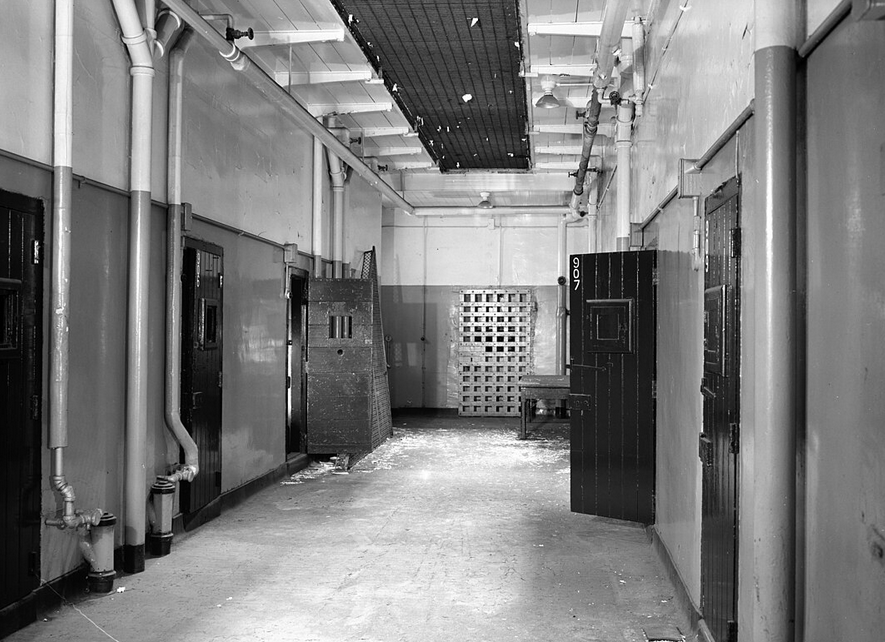Dear Friends, Collaborators and Supporters of GCC,
The third week of November is recognized around the world as International Restorative Justice Week. So, in that spirit, I would like to share some reflections about our collective journey to advance restorative justice and restorative approaches in Athens and beyond.
Early on in my journey as I was reflecting on my vocation, someone encouraged me to “find work at the intersection of the world’s need and my passion.” This advice has stuck with me and has grounded me in the work of restorative justice for nearly twenty years now. From Nicaragua to New York to Washington, D.C. to Georgia, I have found communities clamoring for more just and equitable ways of being in community together, healing from historical harm, and responding to conflict, crime and wrongdoing. I am convinced that restorative approaches to the challenges we face in our communities are as relevant now as they were to the indigenous and early faith-based communities that brought them into being.
While restorative approaches are as old as humanity, many systems and structures at the root of our education system, criminal legal system, and other systems we daily interact with produce inequity and injustice. These are perpetuated through law, custom and our acceptance of the status quo. For example, while the evidence for expanding Restorative Justice Diversion (RJD) in Athens and the surrounding counties is clear (see the ‘Resources’ section of our website for research and evidence related to RJD), given this work is perceived as new (i.e. it’s not the way we’ve been doing things around here), there is no established mechanism for funding this work.
RJD promotes safety, accountability and support and diverts youth from prosecution and possible incarceration. However, the infrastructure for prosecution and youth incarceration remains fully funded (estimated at over $400,000 per youth incarcerated per year), while GCC is taking restorative justice diversion cases on a pro bono basis (at a cost of less than $5,000 per case).
At GCC, we trust that as we continue to demonstrate the effectiveness of restorative approaches to produce more just and equitable outcomes, sustainable mechanisms for funding our work will emerge. Until then, your financial support is essential for us to grow and advance GCC’s mission, vision and work. Below is a graphic representation of our primary areas of focus, expansion and need as we head into 2024.

Last year, we successfully reached our goal of raising $15,000 during our winter fundraising campaign. This year, we aim to raise $30,000 by February, 2024 to help fund a Restorative Programs Coordinator position, and to help meet rising insurance expenses. Will you consider increasing your support this winter and possibly invite a friend or two to also support GCC?
Please donate by visiting us at gaconflict.kindful.com/
Or send a check to:
Georgia Conflict Center
P.O. Box 82024
Athens, GA 30608
In gratitude,

Danny Malec, Executive Director

Nicola Dovey, Board President























